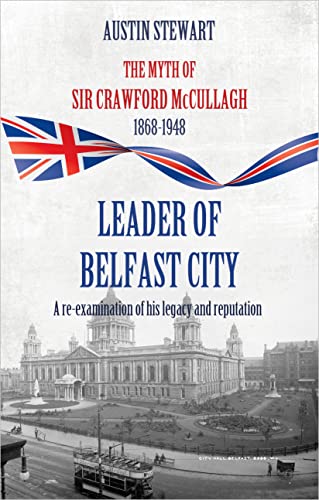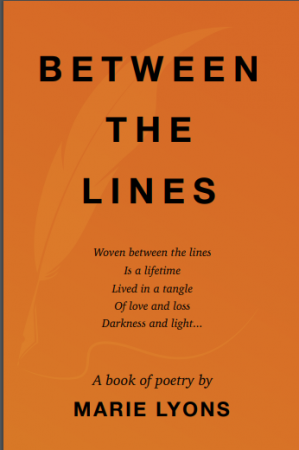Sir Crawford McCullagh: Leader of Belfast City
Buy the Book
Sir Crawford McCullagh was the longest-serving Lord Mayor of any city in Ireland or Great Britain during the 20th century.
The author unpicks the elements in McCullagh’s career, from tenant farm on the shores of Lough Neagh in Northern Ireland to his meteoric rise in business in late Victorian Belfast, and a career in municipal and state politics.
His legacy as a Unionist leader in City Hall, Belfast, is still disputed. It is an Irish version of Tammany Hall, with McCullagh’s reputation on the line over accusations of chicanery and subterfuge in two public inquiries into his time on the city corporation; it is a rags-to-riches story that is part of Belfast’s folklore, a story that continues to intrigue, not least because of the thin dividing line between myth and reality.
€9.99
Seller Bio
Sold by: Buy the BookThe author, Austin Stewart, is a former history teacher and founder member of the Maynooth University History Forum. His monograph, Coalisland, County Tyrone, in the industrial revolution, 1800-1901, in the Maynooth University history series, remains a pioneering assessment of the impact of industrialisation in a mid-Ulster town in the nineteenth century.
Reviews (1)
1 review for Sir Crawford McCullagh: Leader of Belfast City
Add a review

€9.99











Austin Stewart –
The Myth of Sir Crawford McCullagh (1868-1948): Leader of Belfast City by Austin Stewart is a political biography of Belfast’s lord mayor who was elected mayor eighteen times in the early 20th century. The book is a re-examination of his legacy and reputation.
McCullagh served in City Hall, Belfast, for 40 years, from 1906 to 1946. He was a member of the first Northern Ireland parliament, which ran from 1921-1925 and he served in the Northern Ireland Senate for 15 years.
The author cited the ‘constant source of frustration experienced by historians of Northern Ireland on the lack of scholarship on anything and everything to do with the province’. His account of McCullough, as a disputed Unionist leader in City hall, Belfast, is an attempt to redress this.
Stewart considers that one might expect that Sir Crawford McCullough, the Unionist leader of Belfast city on eighteen occasions in the first half of the 20th century would be well remembered or at the very least, considered a legendary figure about whom everybody ‘knows’ something. The reality is that Sir Crawford is poorly remembered, often not credited with any accolades of achievement and has been unfairly airbrushed out of history.
The author’s account of McCullagh’s time as lord mayor reads like an Irish version of Tammany Hall with McCullagh’s reputation on the line over accusations of chicanery and subterfuge in two public inquiries. The various elements of McCullagh’s career are unpicked, from a tenant farm on the shores of Lough Neagh to a meteoric rise in business in late Victorian Belfast where McCullagh had extraordinary access to money. He never took money from the public purse during his eighteen years as lord mayor.
It is a rags-to-riches story that is part of Belfast’s folklore, a story that continues to intrigue, not least because of the thin dividing line between myth and reality.
[email protected]